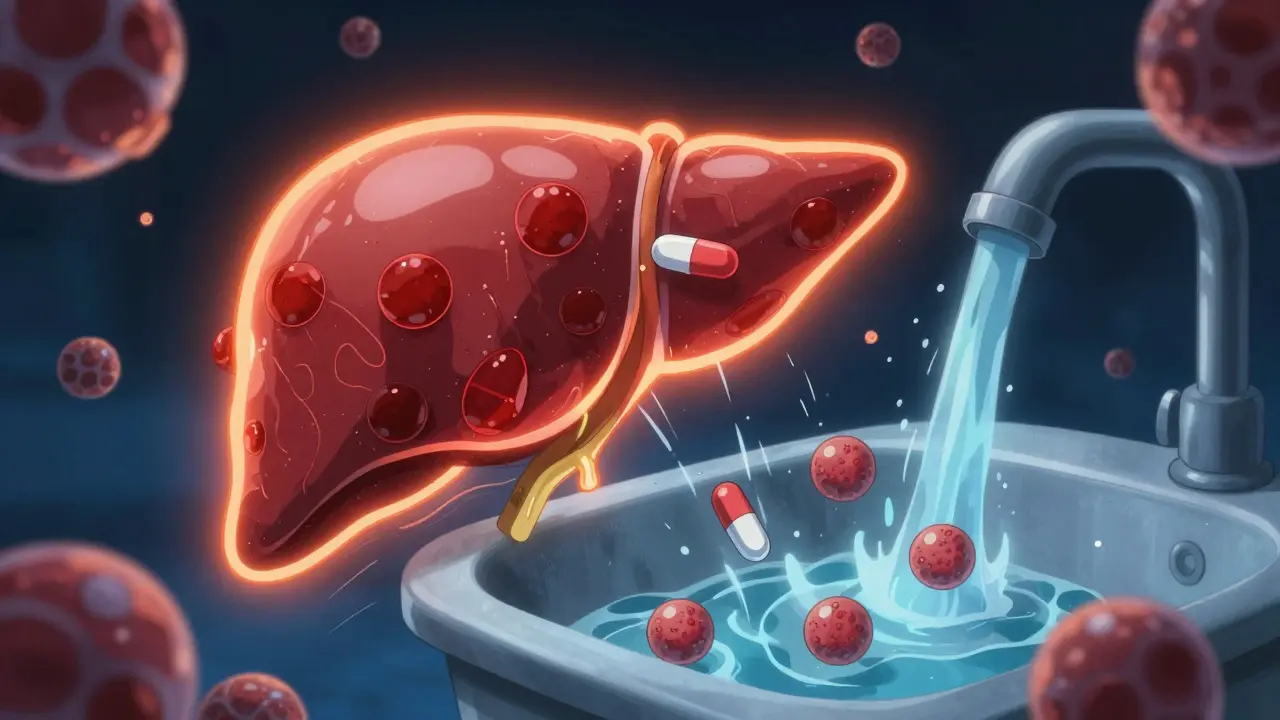Cholesterol Medication: What You Need to Know
If you’ve been told your cholesterol is high, chances are your doctor will mention a medication. These drugs aren’t magic pills; they help lower bad LDL cholesterol and protect your heart. Below we break down the most common options, how they work, and practical tips for getting them safely.
Common Types of Cholesterol Drugs
Statins are the go‑to choice for most men. Brands like Atorvastatin, Simvastatin, and Rosuvastatin block an enzyme your liver needs to make cholesterol. The result is lower LDL levels in a few weeks.
Ezetimibe works differently – it stops your intestines from absorbing cholesterol from food. Doctors often pair it with a statin when one drug alone isn’t enough.
PCSK9 inhibitors (e.g., Alirocumab) are newer, injectable meds that boost the liver’s ability to clear LDL. They’re pricey but useful for very high cholesterol or genetic conditions.
How These Meds Affect Your Body
Statins lower LDL by 20‑60 % and can raise “good” HDL a little. Most people feel fine, but a small number notice muscle aches or mild stomach upset. Ezetimibe has fewer side effects, though some report occasional diarrhea.
If you’re on a PCSK9 inhibitor, expect an injection every two weeks or month. The main downside is cost and the need for a prescription from a specialist.
Safety Tips When Buying Online
Buying cholesterol medication online can save money, but it’s easy to get scammed. Always check that the pharmacy requires a valid prescription – any site that offers drugs without one is risky.
Look for credentials: a licensed pharmacy should display a registration number and contact info. Compare prices with local pharmacies; if something looks too cheap, it probably is.
Read user reviews carefully but watch out for overly positive testimonials that sound scripted. A reputable site will also give clear information about side effects and dosage instructions.
Practical Advice for Taking Your Meds
Take statins in the evening if possible – your liver makes most cholesterol at night. Pair the pill with a low‑fat snack to reduce stomach irritation.
Never double up doses to “catch up.” If you miss one, just take the next dose at its regular time.
Schedule regular blood tests every 3–6 months. Your doctor will check LDL levels and watch for any liver enzyme changes.
When to Talk to Your Doctor
If muscle pain becomes severe, or you notice dark urine, call your healthcare provider right away – it could signal a rare side effect called rhabdomyolysis.
Pregnant or planning to become pregnant? Some cholesterol meds aren’t safe; discuss alternatives with your doctor.
Lastly, remember that medication works best with lifestyle changes. Eating more fiber, cutting saturated fats, and staying active can boost the effect of any drug you take.
By understanding how cholesterol medication works and following safe buying practices, you’ll keep your heart healthier without unnecessary hassle.
Cholesterol-Lowering Medications: Statins vs. Alternative Options
Statins are the most common cholesterol-lowering drugs, but they don't work for everyone. Learn how ezetimibe, PCSK9 inhibitors, and newer options compare in effectiveness, safety, and cost-backed by clinical data and real-world outcomes.
Vytorin: Cholesterol Medication, How It Works, Side Effects, and Tips
Explore what makes Vytorin a unique cholesterol-lowering medication, how it works, who it’s best for, and what side effects to look out for. Get practical tips for taking Vytorin and see how it stacks up against other treatments. Helpful facts and a user-friendly guide make it easier to manage your cholesterol journey. Written in a down-to-earth style for real people making real health choices.
© 2026. All rights reserved.


